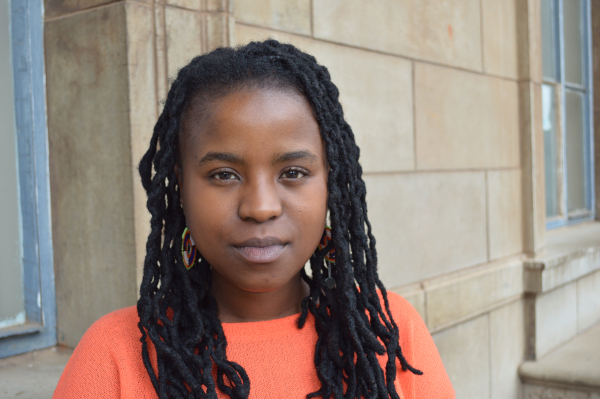There is growing evidence that gender-based violence increases vulnerability to HIV by being a barrier to HIV prevention, treatment and care. Combination HIV prevention efforts—which combine biomedical, behavioural and structural approaches—must include interventions to prevent and address gender-based violence if we are to achieve the goal of Ending AIDS as a public health threat by 2030.
Six young people at the University of Witwatersrand, South Africa, suggest actions that should be taken to eliminate violence against women and children.
1. Raise awareness about responsibilities of society, as stipulated by national and international rights of women and children.
Bongani, a first year School of Social Sciences student said that growing up, violence against women and children was a norm in his society. However, as knowledgeable person now, he has realised that men need to change the way they treat women. “We need organisations that will raise awareness to society about rights of women and children.”
2. Pioneer sustained solutions—nurture the men and boys to respect women and girls
“… we need more sustained solutions. Violence against women and children is something we need to address raising our children. It is not enough to empower the girl child. We need to look at how we raise our boy child” said Hlumelo, MA in Arts student.
3. Develop and implement laws and policies that protect women and children against violence, including rape, beatings, torture, verbal abuse, mutilation, trafficking and ‘honour’ killings.
As Takunda, School of Social Sciences student, said, “There is a need for better policing and incident reporting.”
4. Encourage women to break silence and to report incidences.
“I believe one of the reasons women do not report gender-based violence is because a lot of perpetrators are people closer to them; family, boyfriends. We need to remove the stigma about ‘snitching’ on own family when such incidences are reported,” said Tadiwanashe, School of Law student.
5. Create equal economic opportunities for women.
According to Simphiwe, a Social Sciences student, “creating economic opportunities for women allows to leave their abusive partners and abusive environments.”
6. Advocate for change and hold the government accountable.
“In a country like South Africa, as women, we are compelled to be activists. More of us need to get involved in programmes that hold the government accountable.” Nyiko, MA Arts student.
Many national governments have committed themselves to eliminating violence against women and children by creating laws and policies and by adhering to international human rights laws. Find out about your rights, click here, to see if your country has committed in order to advocate accordingly.

